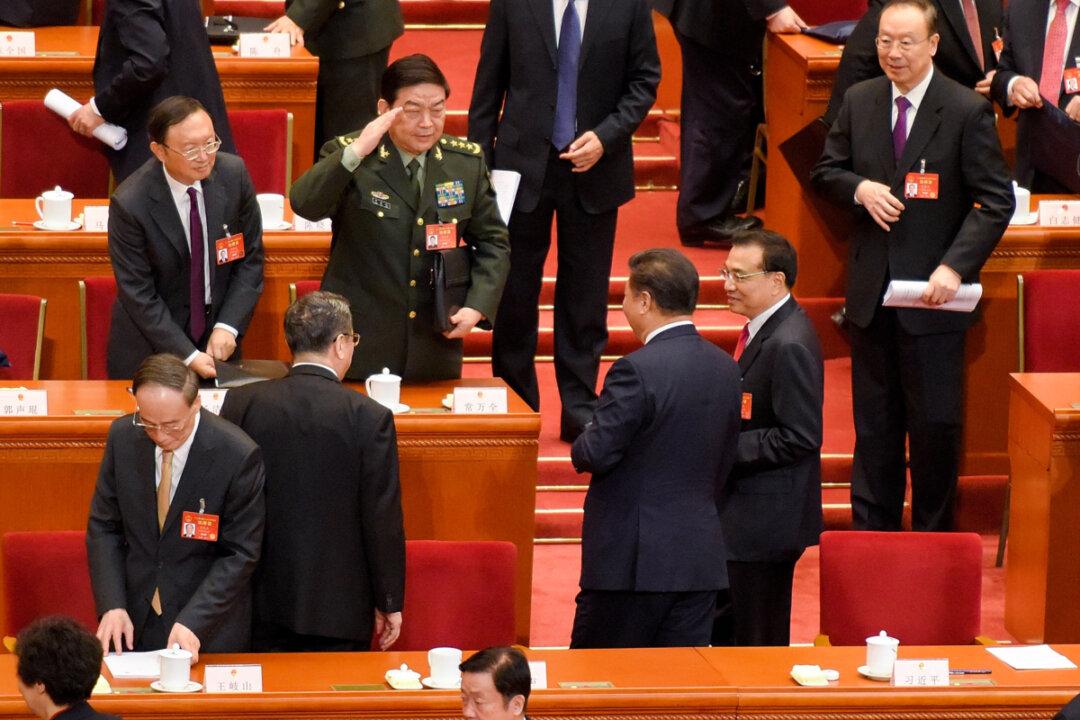A number of China’s military chiefs have vanished with no official explanation since late June, leading to the assumption that Chinese leader Xi Jinping has begun a purge of the military. This has occurred even though military capability is more important to Mr. Xi than ever, as he has repeatedly instructed the People’s Liberation Army to “prepare for war.”
To some observers, this is reminiscent of Stalin’s purge of the Red Army between October 1940 and February 1942 amid an ongoing German invasion of the Soviet Union.






